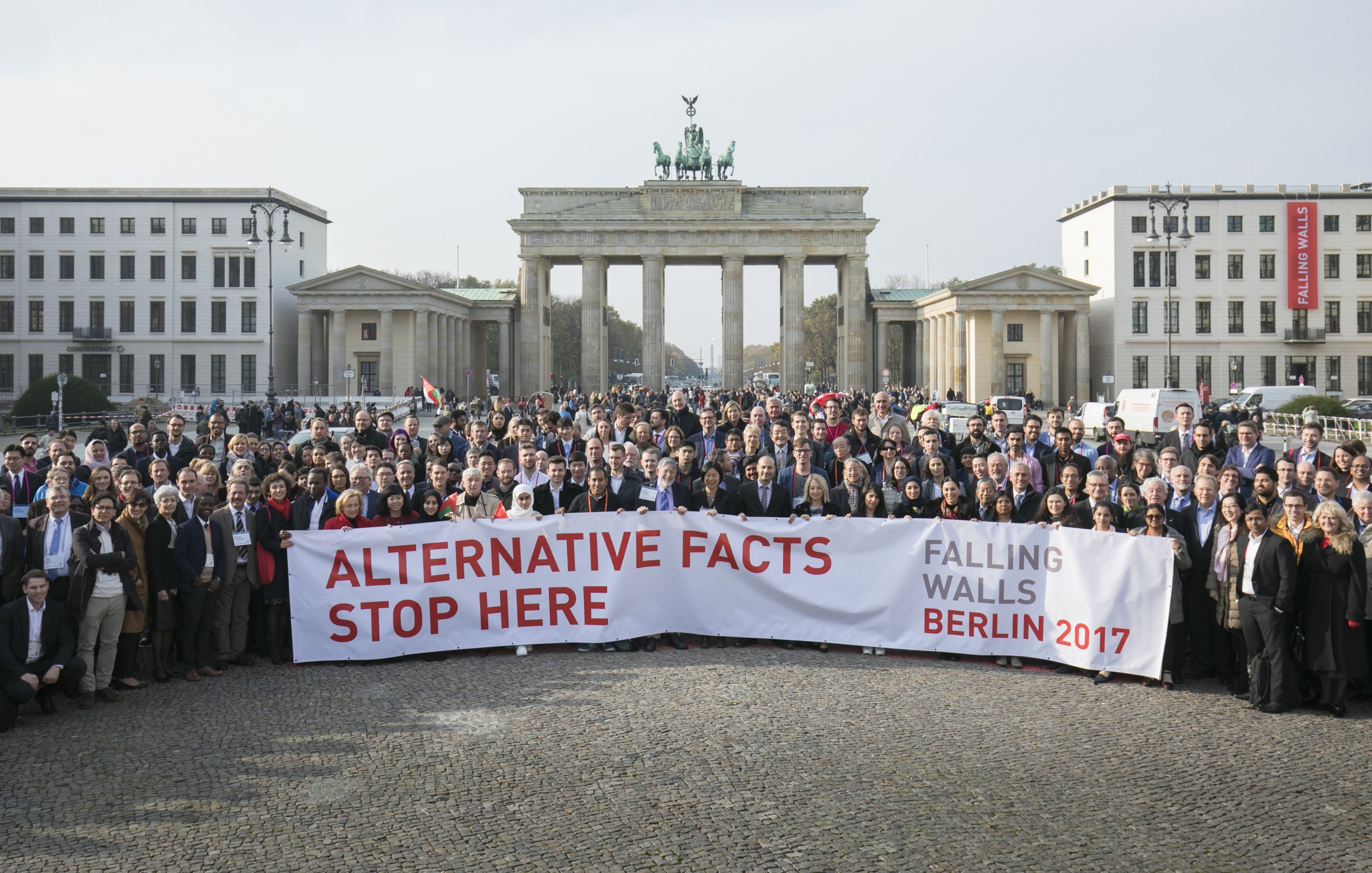Science is the bedrock of a peaceful and equitable world, a statement issued by ICSU’s Committee on Freedom and Responsibility in Science at a major international science conference said.

The World Science Forum, which takes place between November 7-10 in Jordan, brings together more than 2,500 science leaders from over 120 countries. The overarching theme of the conference is to call for a more responsible and ethical use of innovation to address the social and economic relevance, influence, and responsibilities of science.
ICSU’s Committee on Freedom and Responsibility in Science, which held its 23rd meeting on the sidelines of the Forum from November 6-8, issued the following statement:
“On the occasion of the World Science Forum, the Committee on Freedom and Responsibility in Science of the International Council for Science salutes the theme of Science for Peace. There is a greater opportunity than ever before to harness the insights, knowledge and technical progress fuelled by advances in science and technology to promote an equitable world, anchored in peaceful relations among nations and citizens.
The conduct of science flourishes in times of peace. The free circulation of ideas and people is central to supporting a peaceful world. For the sciences and scientists, free interchange of ideas, and freedom to pursue questions of scientific merit, support their responsibilities to apply the best scientific methods, models and research to improve the lives and wellbeing of the world’s peoples. Scientists and science organisations serve as ambassadors for peace and as conduits across nations and national interests, in their focus on global wellbeing.”
ICSU is one of the co-organizers of the Forum, along with the Royal Scientific Society of Jordan (RSS), United Nations Educational, Scientific, and Cultural Organization (UNESCO); Hungarian Academy of Sciences (MTA); American Association for the Advancement of Science (AAAS); World Academy of Sciences (TWAS); European Academies Science Advisory Council (EASAC); Inter-Academy Partnership (IAP); International Social Science Council (ISSC); and Science Counsellor representatives of the G77.
Freedom of science was also the focus of a demonstration convened by 300 researchers attending the annual Falling Walls conference in Berlin on November 8. For the first time, they made a joint statement on the importance of the freedom of science, and prominent supporters of the rationale for the demonstration shared their views with the media.
“Scientists must speak up whenever the scientific basis in public discussion and political decision-making is deliberately ignored, dismissed, distorted and/or abused. Scientists must take a stand when the freedom of scientific inquiry and of scientific mobility is under threat. Science is best protected by a functioning liberal democracy and must not allow alternative facts to undermine it,” said Helga Nowotny, Founding President of the European Research Council (ERC).
“Science requires trust in order to fulfil its role in society. A credible commitment to integrity in science, practiced as a part of everyday life in the scientific community, is the basis upon which science should enter into a serious dialogue with society about processes and procedures as well as knowledge production in science,” said Martina Brockmeier, Chair, German Council of Science and Humanities.
The ICSU statement will feed into the final communique from the World Science Forum that closes tomorrow, November 10.
[related_items ids=”4584″]